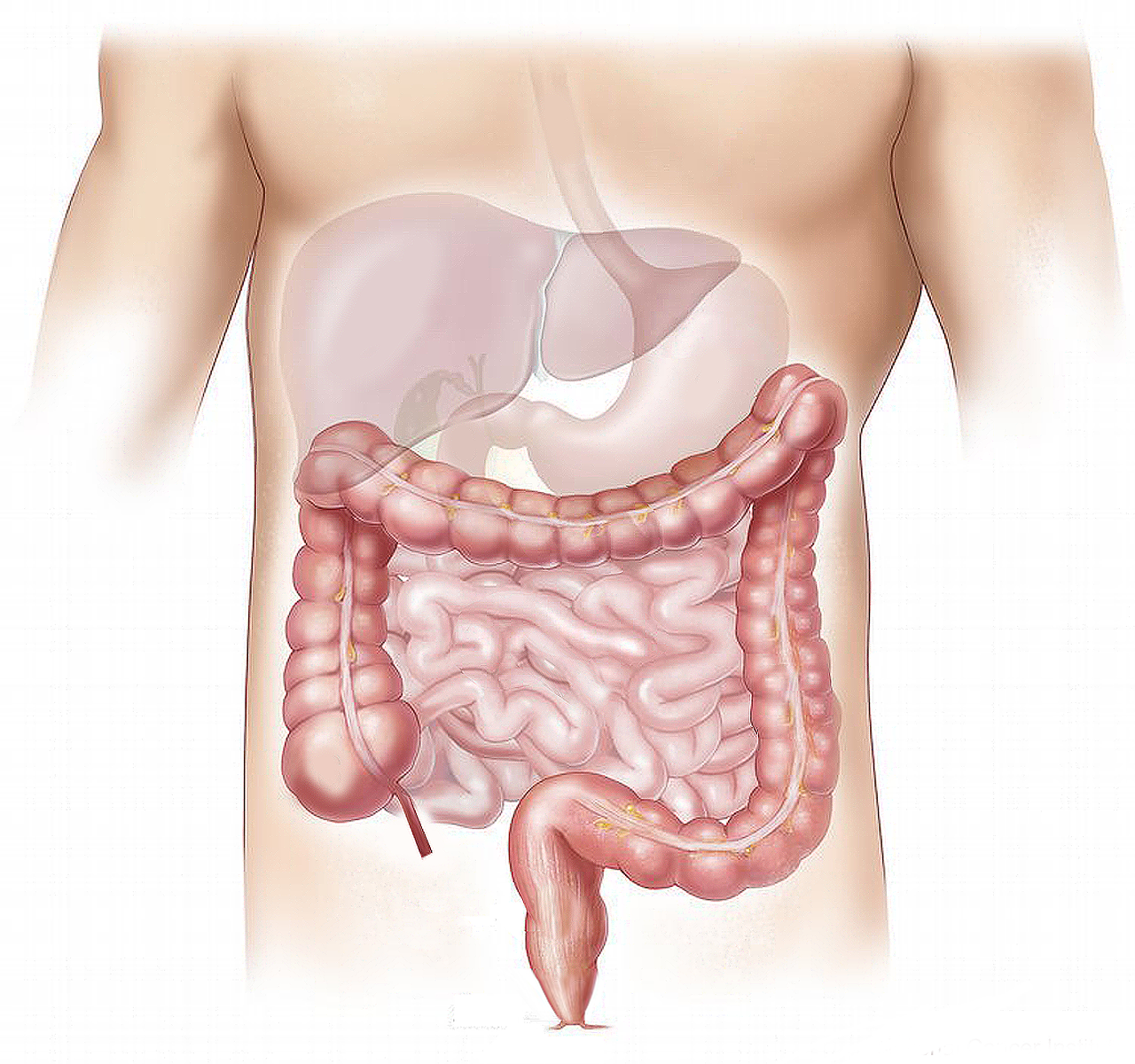A new research from Danish investigators has suggested that there exists a link between certain anaerobic bacteria and the risk of developing colorectal cancer. The study was scheduled to be presented at the 2020 European Congress on Clinical Microbiology and Infectious Diseases (ECCMID). However, ECCMID’s in person and virtual components were cancelled due to coronavirus disease 2019 (COVID-19).
The congress organizers have released some of the meeting’s abstracts and plan to release more on May 5th.
Previous research has suggested an association between bacteria from the Bovis group streptococci, Clostridium septicum and colorectal cancer (CRC). However, recently there have been associations reported between CRC and different Bacteroides species, Fusobacterium nucleatum.
As such, the investigators, led by Ulrik Stenz Justesen, Odense University Hospital, Denmark, set out to investigate this association in a large-scale study.
They performed a population-based cohort study which featured blood culture data from more than 2 million individuals in Denmark that was collected from 2007 to 2016.
“At this stage we are not sure if the bacteria are directly causing cases of colorectal cancer, or if the blood infection with these bacteria is itself caused by the cancer. It’s an example of the question ‘is this the chicken or the egg?'” said study leader Dr. Ulrik Stenz Justesen of Odense University Hospital in Denmark.
In any case, the findings might help improve screening for colon cancer, he and his team members said.
Anaerobic bacteria do not require oxygen and live in various environments, including the human gut, where they usually do not directly cause infections.
Justesen said that in his clinical microbiology department there are usually two cases of blood infection caused by these anaerobic bacteria identified each week. The infections are usually caused by a breach in the intestinal wall, which can itself be caused by cancer, he noted.
So, “our follow up research of this study will focus on the specific bacteria from cancer patients to see if we can identify specific characteristics that could be implicated in cancer development,” Justesen said in an ECCMID news release. “If this is the case it could be of great importance when it comes to screening and treatment of colorectal cancer.”







